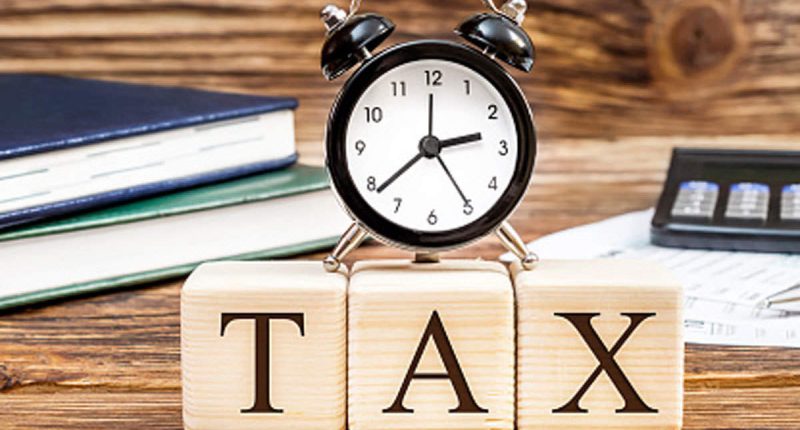The CBIC issued a fresh Circular regarding the taxability of GST on liquidated damages, compensation, and penalty charged for breach of contract. This matter has always garnered attention and contested in litigations since the time service tax was levied.
One can understand the issue from scenarios such as treatment of payment made by an employee not serving the notice period to their employer under tax laws. Questions such as can the payment be called consideration or taxable value, is it taxable under GST, etc., continue to be asked under the GST regime.
As per the rulings by CESTAT, service tax does not apply to such liquidated damages for non-performance of contractual obligations. However, under the GST law, the advance rulings have always considered the payments as taxable at 18% GST by treating it as a service consideration for tolerating an act. The discrepancy between tax laws has allowed many taxpayers under the GST regime to contest that the current interpretation contradicts the view taken by the previous tax regime.
The recent GST Circular 178/2022 issued on 3rd August 2022 clarifies many such issues. It covers the following listed scenarios-
- Payment of liquidated damages
- Payment of bond or notice amount by employees
- A fine collection for cheque dishonour
- Penalty collection for law contravention
- Compensation paid for cancelling coal blocks
- Late payment charges for delay in bill payment
- Toll charges collection
- Fixed and variable electricity charges collection by power generating companies from the State Electricity Board (SEB) or DISCOMS or, in turn, from the consumers.
- Rail or airway ticket or hotel booking cancellation charges from the passenger or tourists
An independent agreement between the parties must exist consisting of both consideration and obligation. A simple arrangement of money flowing from one party to another does not constitute payment for a taxable activity.
Activities such as paying late payment fees or cancellation charges for delay in paying utility bills or cancelling air or rail tickets or room bookings will be taxed at the GST rate relevant for the main supply by considering these as bundled services. For instance, the room booking cancellation charges attract the same GST rate as applicable for room booking.
Businesses get much-needed clarity about tax treatment while handling contracts and arrangements.
They can evaluate their position, deposit short tax paid, or claim a refund of excess taxes paid. Further, an early solution can be arrived at for any pending litigations on these matters. The Circular does not mention the relief for taxpayers who paid GST on liquidation damages but later received a refund to avoid litigation in the future.
It clarifies that payment of a fine for dishonouring cheques does not attract GST as it is a penalty imposed for not tolerating an act. Similarly, compensation for cancelling coal blocks also does not attract GST.
For any clarifications/feedback on the topic, please contact the writer at annapoorna.m@clear.in
Annapoorna, popularly known as Anna, is an aspiring Chartered Accountant with a flair for GST. She spends most of her day Singing hymns to the tune of jee-es-tee! Well, not most of her day, just now and then.




